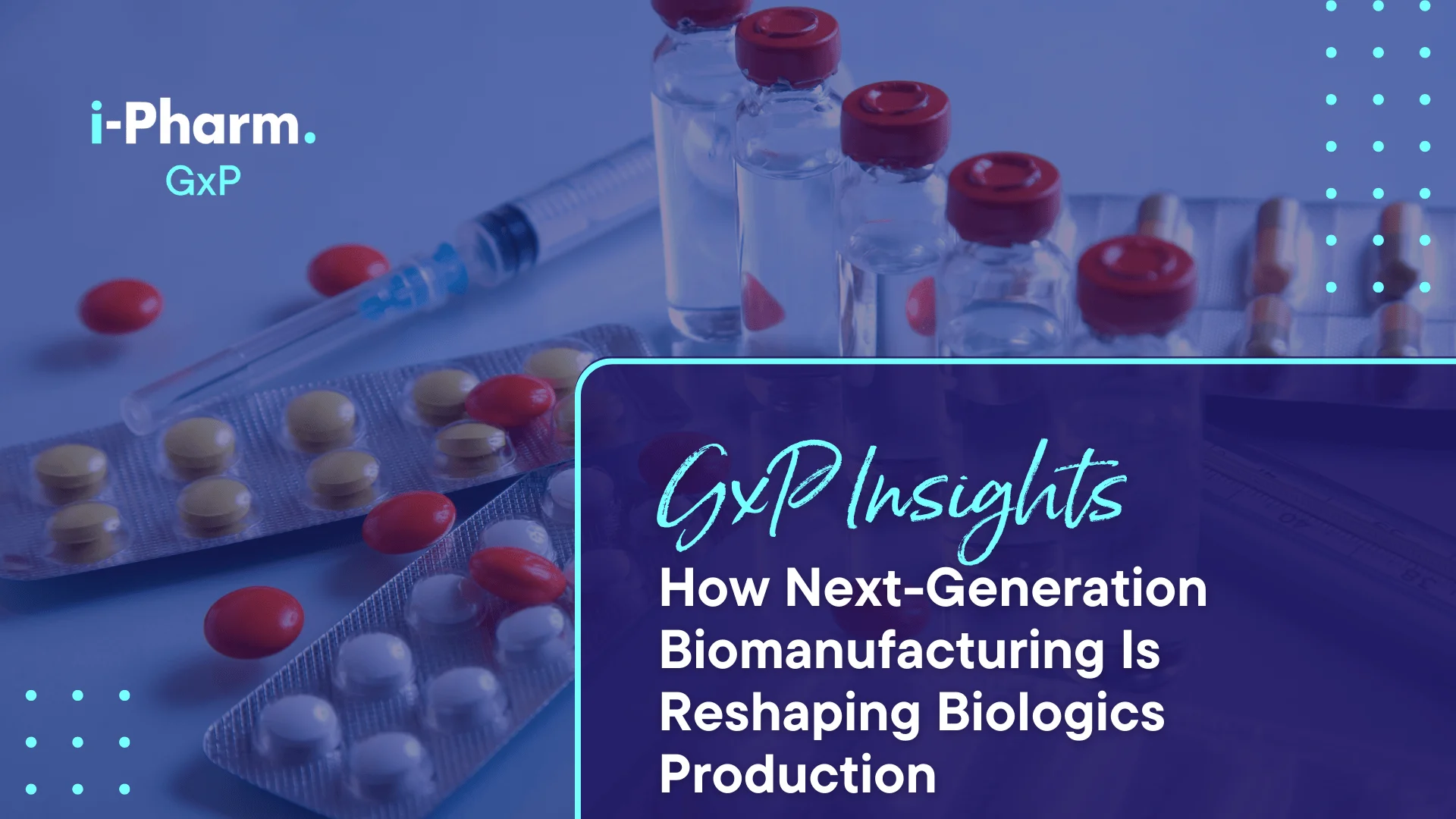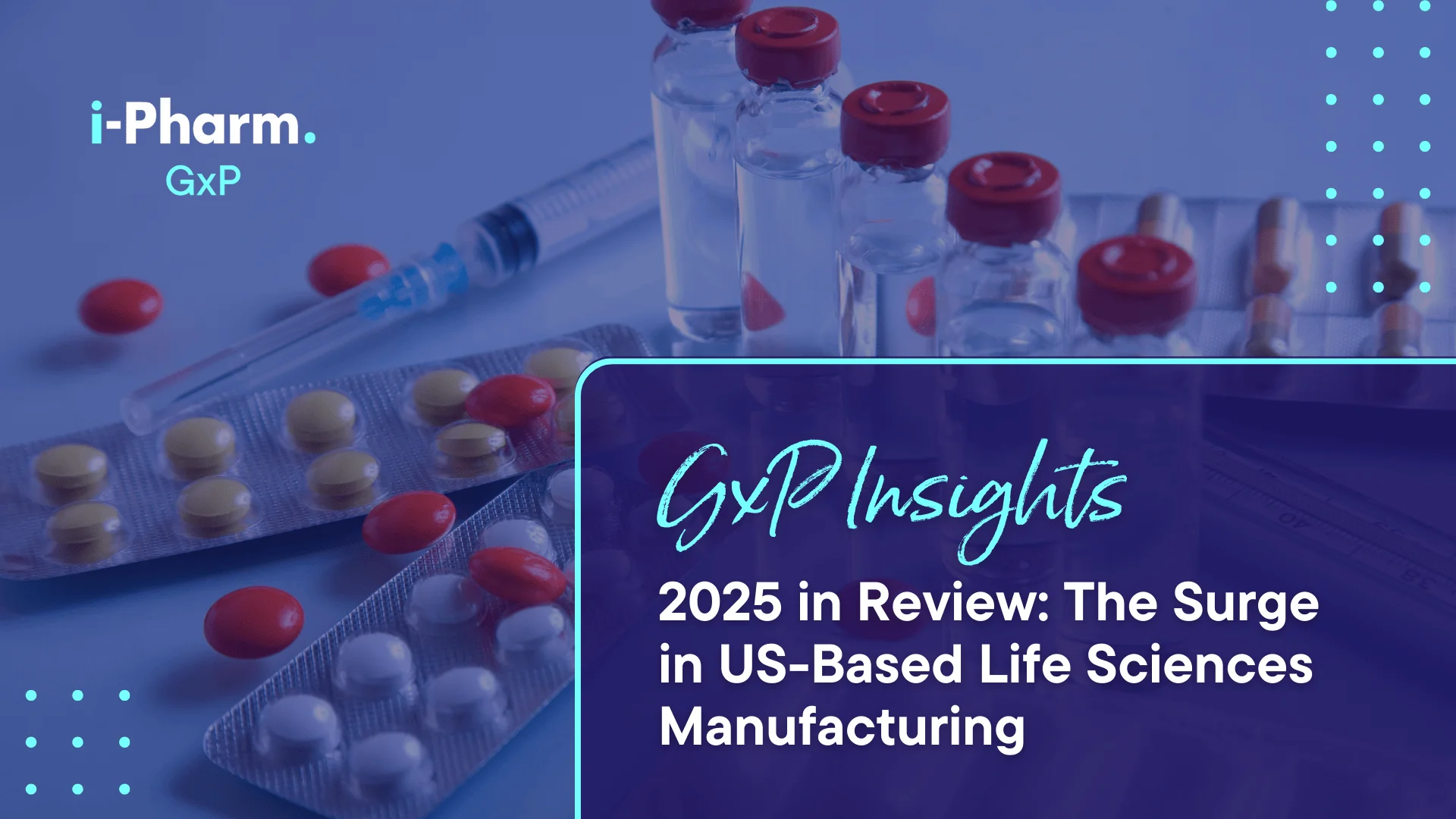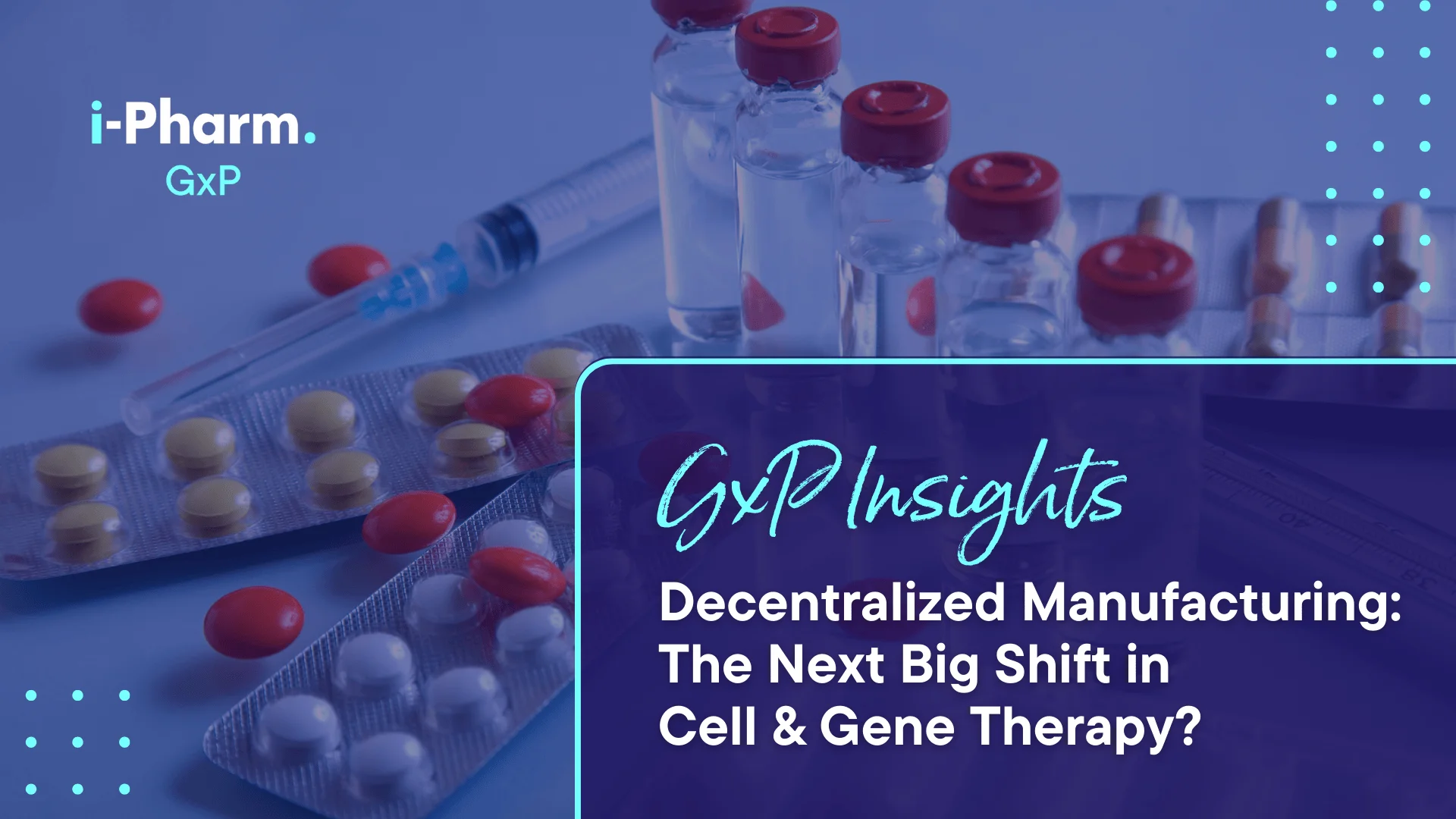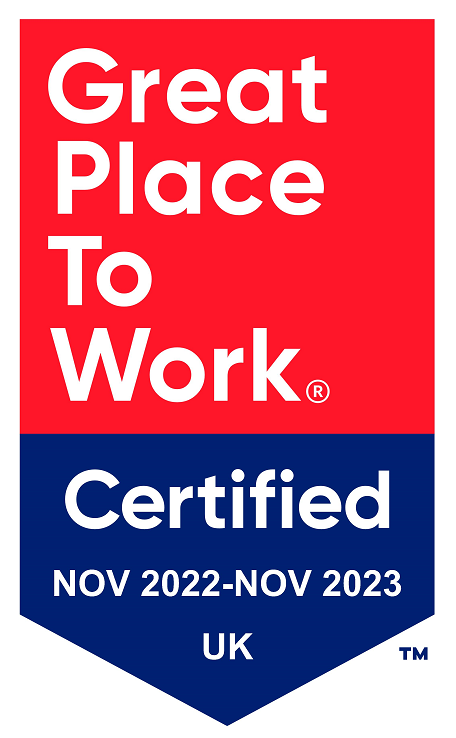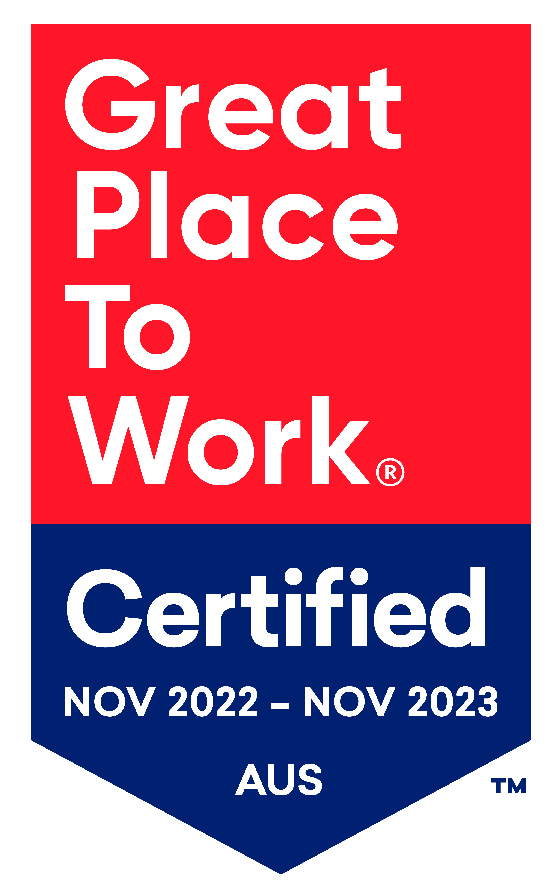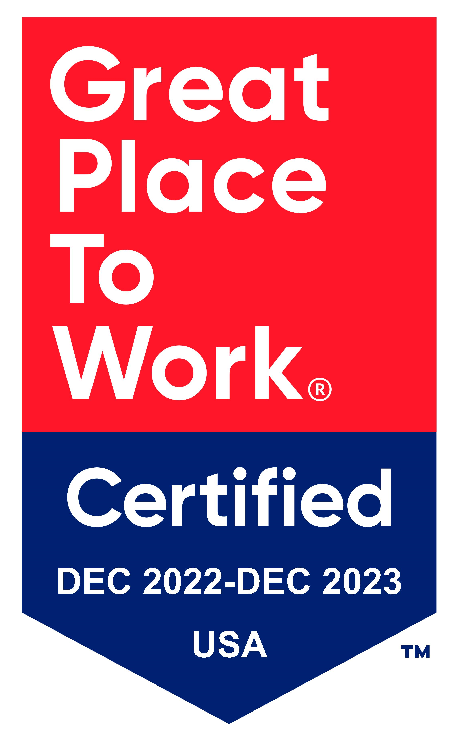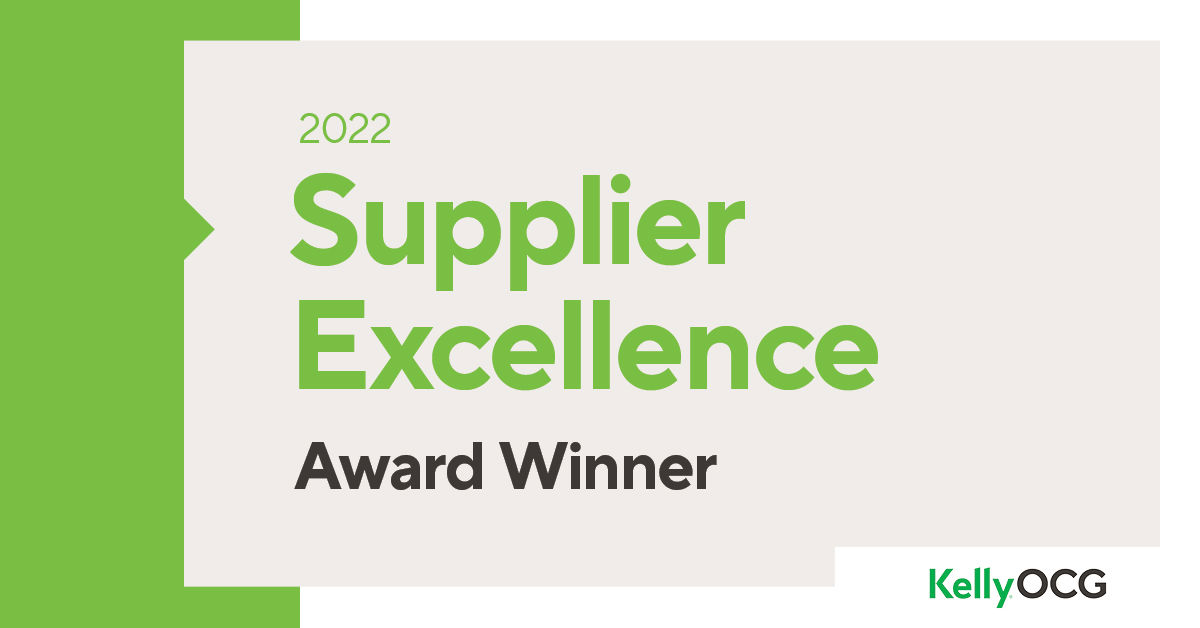GxP Insights: Rising Biologics Demand Drives Innovation & Growth
15 May, 202510 minsExplore our monthly GxP industry insights newsletter, tailored for professionals in Medical ...
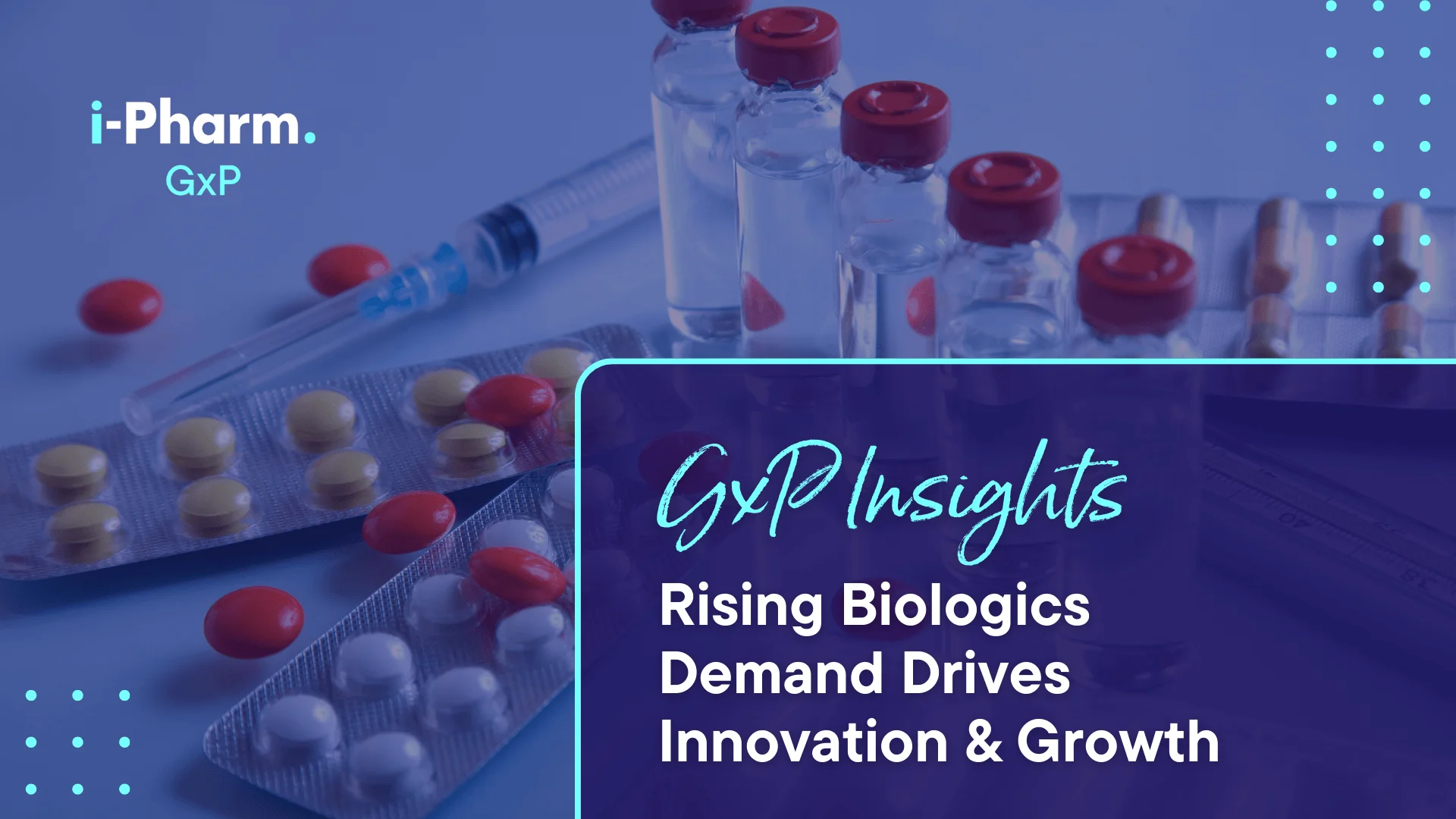
Explore our monthly GxP industry insights newsletter, tailored for professionals in Medical Devices, Biologics, Cell & Gene Therapy, and Sterile/Aseptic Manufacturing.
Each edition delivers into a key topic within your industry, including expert perspectives, and career insights to help you stay ahead.
What you can expect:
- Industry News: Stay updated with the latest developments, trends, and breakthroughs in your field.
- Career Tips: Enhance your career with advice on skills, networking, and job opportunities tailored to your field.
Rising Biologics demand drives Innovation & Growth
The global demand for biologics is reshaping pharmaceutical production and aseptic manufacturing sits at the centre of this transformation. With the sterile bioprocess filtration market valued at $5.43 billion in 2024 and forecast to grow at a CAGR of 19.1% through 2030, it's clear that biologics are driving both investment and innovation in aseptic capabilities.
Precision medicines such as monoclonal antibodies, vaccines, and gene therapies increasingly require aseptic techniques that safeguard sterility without sacrificing productivity. Unlike traditional manufacturing, biologics often rely on smaller, high-value batches under strictly controlled environments. This has triggered a move towards flexible, small-batch, and single-use aseptic systems.
According to Contract Pharma, this shift is pushing manufacturers to adopt closed-system processing, modular cleanroom setups, and automation, improving both compliance and operational agility.
What's happening in Biologics Packaging & CDMO Services?
As biologics continue to dominate drug pipelines, more companies are turning to Contract Development and Manufacturing Organisations (CDMOs) to support both production and sophisticated secondary packaging needs.
Packaging & Manufacturing trends to watch
- Smart and Connected Packaging: RFID, NFC, and QR codes enhance traceability and prevent counterfeiting.
- Eco-Friendly Materials: Growing focus on recyclable, biodegradable packaging aligns with ESG and regulatory goals.
- Automation and Digitalisation: Precision and speed gains through advanced packaging machinery and real-time QMS tools.
- Cold Chain Optimisation: Bristol Myers Squibb and Catalent are enhancing their cold storage capacity to support CAR-T and other temperature-sensitive therapies.
- Flexible Small-Batch Capability: Modular systems allow CDMOs to cater to personalised medicines and smaller production volumes.
Challenges to watch:
- Stringent Regulatory Compliance: Varying labelling and sterilisation standards across regions demand global readiness.
- EU GMP Annex 1 Revisions: The 2023 update is prompting major investment in contamination control strategies and cleanroom design. Many US-based manufacturers are aligning global practices to meet these new expectations.
- Shortage of Experienced CDMOs: A lack of technical depth in cold chain and aseptic handling persists.
- Cold Chain Infrastructure Costs: Ultra-low temperature logistics raise overheads for certain therapies.
- Scalability Gaps: Not all CDMOs can expand quickly to meet sudden client demand or shifting regulatory needs.
- Talent Gaps: Hiring remains highly competitive across validation, packaging QA, and regulatory support roles.
More on this topic here.
Key players advancing Biologics Packaging & Manufacturing
Several East Coast-based pharmaceutical companies are leading the charge in advancing biologics capabilities:
- Pfizer (New York, NY): Investing over €2.5 billion into European biologics sites while scaling domestic production via its acquisition of Abzena's USD 213 million site in North Carolina.
- Bristol Myers Squibb (New Jersey): Improving CAR-T packaging processes and aseptic handling in collaboration with partners to reduce timelines and ensure product integrity.
- Moderna (Massachusetts): Expanding its mRNA and gene therapy pipeline with investment into next-gen packaging designed for temperature-sensitive treatments.
- Eli Lilly (New Jersey): Committing USD 4.5 billion to a new foundry in Indiana aimed at boosting injectable biologics, devices, and aseptic packaging.
- Johnson & Johnson (North Carolina): Building a new biologics production facility with over USD 2 billion committed to strengthening its supply chain and fill-finish capacity.
- Catalent (Bloomington, IN): Enhancing its packaging and sterile production lines with USD 350 million in upgrades, including bioreactors, syringe filling, and lyophilisation systems.
Learn more about career opportunities in aseptic QA and validation here.
Skills in demand for Aseptic Manufacturing
With aseptic manufacturing becoming a central focus in biologics delivery, aligning your expertise with market needs is key to career growth:
- Validation Engineering: IQ/OQ/PQ protocols, HVAC balancing, cleanroom equipment validation.
- Quality Assurance: CAPA development, batch record review, audit readiness, and GMP compliance.
- Regulatory Affairs: Knowledge of FDA, MHRA, EMA frameworks; submissions and Annex 1 alignment.
- Process Development: Familiarity with single-use technology, isolators, RABS, and modular line design.
Looking ahead: opportunities in Aseptic Manufacturing
Exciting career opportunities are emerging across the East Coast, particularly in Pennsylvania, New Jersey, and North Carolina, where companies like GSK, Pfizer, and Bristol Myers Squibb anchor a growing network of CDMOs and sterile fill-finish innovators.
Thermo Fisher Scientific’s Greenville, NC site has recently scaled up its single-use isolator lines to meet rising demand for flexible fill-finish operations, further evidence of industry-wide investment in aseptic innovation.
If you’re exploring your next step in sterile operations, validation, QA, or regulatory affairs, we’d love to connect. i-Pharm GxP works with leading life sciences companies to support evolving talent needs.
Found these insights helpful? Be sure to share them on LinkedIn and follow us for monthly updates and exclusive industry insights.
Subscribe to our newsletter and get the latest insights delivered straight to your inbox.

